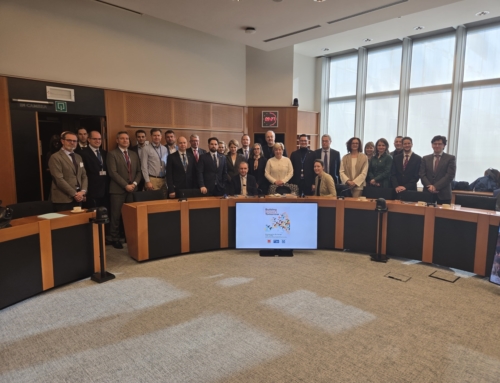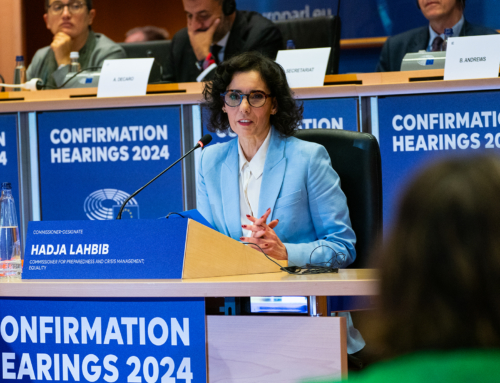20 October 2021,
FAFCE welcomed the recent Commission’s proposal for a directive on pay transparency measures to tackle the difference of pay between men and women. FAFCE endorsed the Commission’s will to “strengthen the application of the principle of equal pay for equal work or work of equal value between men and women through pay transparency and enforcement mechanisms”. FAFCE supports this initiative, and encouraged the Commission to lay down concrete solutions to make sure that every worker can benefit from an equal pay for an equal work. FAFCE also welcomed the overall aim of the Commission’s proposal to ensure “the prohibition of discrimination on grounds of sex through pay transparency and reinforced enforcement mechanism” (Art. 1 of the Commission’s proposal).
FAFCE submitted four recommendations to be reflected in the future directive and its implementation across the European Union:
1. Respect the principle of proportionality when it comes to the additional administrative costs implied by pay transparency mechanisms;
FAFCE expressed its concern over the risk to overburden small and medium enterprises, including family companies, with additional administrative costs of pay transparency mechanisms. SMEs already greatly suffer from the economic consequences of the pandemic and are more vulnerable to financial difficulties.
2. Consider the significant impact of parental leaves on a worker’s pay;
The notion of “equal pay for equal work” takes into consideration the work experience. This element may however create grounds of discrimination when it comes to parental leaves. Breaks in a career result in a drop in pay, and in the long-term hinder the career progression based on work experience. It is thus important for parents that take breaks in their career for childcare reasons not to be discriminated for that reason. Even if a drop of income connected to parental leave is unavoidable, it should – at least – not have long-lasting negative impacts and measures should be taken to prevent it.
3. Have a special focus on the discriminations faced by mothers when it comes to sex discriminations within the workplace;
Pay gap is only one element of discrimination many working mothers face. As highlighted in the 2020 FAFCE – New Women for Europe White paper on Protecting Women from Maternal Mobbing, “discriminatory practices towards pregnant workers and new mothers include disincentives to maternity, refusal to recruit, detrimental changes in the terms of the contract of employment upon return from maternity leave, harassment and even refusal to extend fixed-term contracts of employment and dismissal”. Even if indirectly, these practices impact on the short and long-term the pay of mothers. Specific measures must be implemented to prevent those discriminations.
4. Start a reflection on the recognition of the unpaid care work when speaking of “work of equal value”;
Even if outside of the scope of the directive’s proposal, the notion of ‘work of equal value’ questions the value that is given to the unpaid care work of parents. As an example, the informal childcare produced by parents has the same “work value” as the formal childcare produced within childcare services, if not higher, since parents invest higher time, financial means and mental interest in the development of their children. The issue does not come from the lack of pay, even if the fair transfer of benefits to parents is crucial, but from the lack of recognition, which leads to additional obstacles in a parent’s and family’s life. Working parents often face a “double shift” of work – a working day precedes a second one at home to care for the children – often without any support from the employer at the workplace. Recognising the value of unpaid work within the workplace is key to create a safe and healthy environment for parents, in order to ease the already difficult challenge to conciliate work life and family life.
More information on the European Commission’s proposal for a directive on pay transparency measures here.







